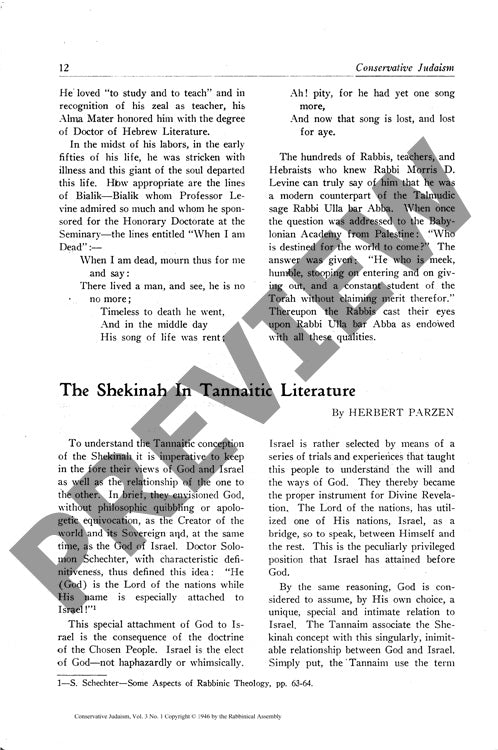The Shekinah in Tannaitic Literature
Couldn't load pickup availability
The divine presence known as Shekinah emerges in Tannaitic literature not merely as God's general presence, but as a profound theological concept intimately bound to Jewish nationhood and identity. Through systematic analysis of rabbinic texts including the Mekilta, Sifre, Sifra, Mishna, and Tosefta, a complex portrait emerges of the Shekinah as the exclusive manifestation of God's presence within Israel. The concept proves inextricably linked to the doctrine of the Chosen People, with proselytes described as entering "under the wings of the Shekinah" while apostates forfeit this divine protection. Within these texts, the Shekinah transforms the Tabernacle and Temple into sacred sanctuaries, serving as tangible testimony to God's unique relationship with Israel. Yet this presence remains conditional - the sages taught that sins like idolatry, murder, and incest could drive the Shekinah away, while adherence to Torah and ethical conduct maintained it. Perhaps most significantly, the Tannaim asserted that even in exile, the Shekinah accompanies Israel in their suffering and will return with them upon redemption. This understanding fundamentally shaped Jewish theological and national identity, representing an enduring divine covenant that persists despite human transgression.

More Information
-
Physical Description
-
Publication Information
Published 1946
ISBN
-
Publication Credits
Herbert Parzen

